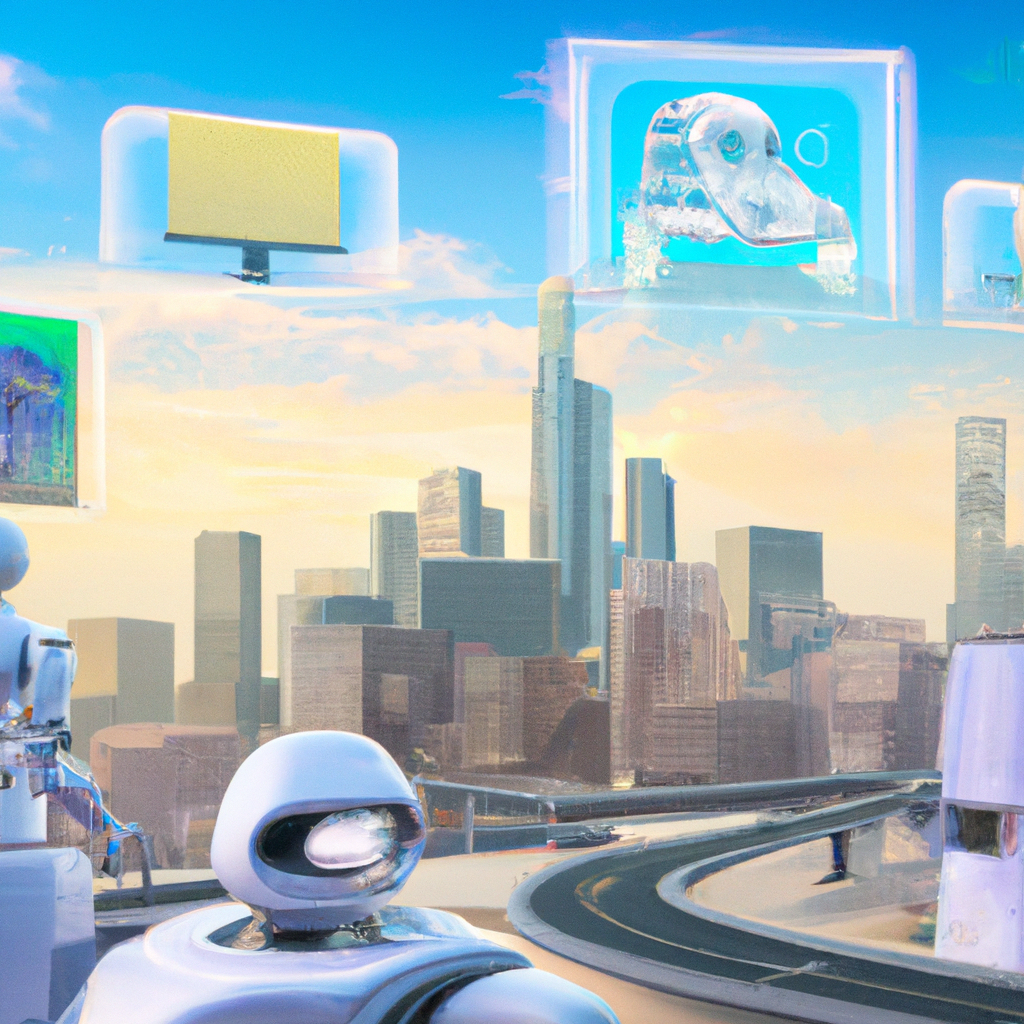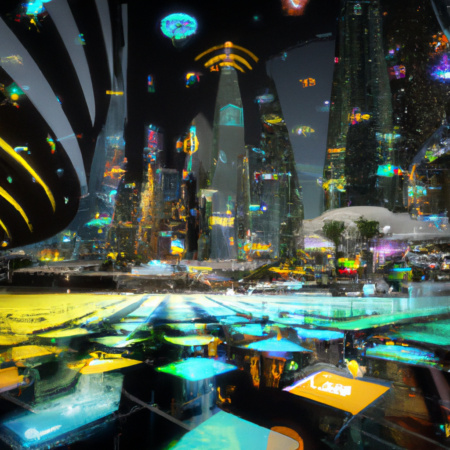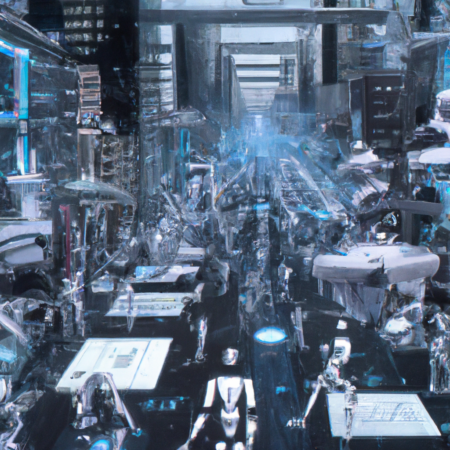Navigating the Future: How AI is Shaping Technologies in 2025
In 2025, artificial intelligence (AI) continues to redefine the boundaries of technology, introducing innovations that were once considered the realm of science fiction. This blog post explores several key technologies that AI has significantly transformed, highlighting the implications for businesses and everyday life.
AI and Automation
One of the most visible impacts of AI is in automation. From self-driving cars to automated manufacturing processes, AI-driven systems are enhancing efficiency and reducing human error. Companies are leveraging these technologies to decrease operational costs and improve safety standards.
AI in Healthcare
The integration of AI into healthcare has revolutionized diagnostic processes and patient care. AI algorithms can now predict patient outcomes, personalize treatment plans, and even assist in complex surgeries with precision beyond human capabilities.
AI and Cybersecurity
As digital threats evolve, so do the methods to counter them. AI has become a crucial tool in cybersecurity, helping organizations predict and mitigate potential breaches before they occur. This proactive approach is vital in safeguarding sensitive data and maintaining trust in digital transactions.
AI Ethics and Governance
With great power comes great responsibility. The rise of AI has prompted discussions about ethics and governance. Governments and organizations worldwide are crafting policies to ensure that AI technologies are used for the benefit of society, addressing issues of privacy, bias, and accountability.
Conclusion
As we look to the future, it’s clear that AI will continue to be a pivotal force in technological advancement. By embracing these changes and preparing for new challenges, we can leverage AI to create a more efficient, safe, and equitable world.






